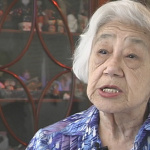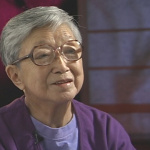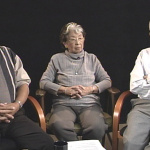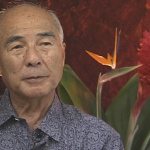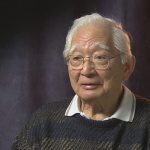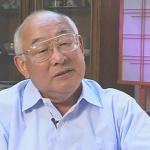Nisei
Term for the children of Japanese immigrants, originating from the Japanese language term for "second generation." In the American context, the term is generally understood to apply specifically to the American-born—and thus U.S. citizen—children of Japanese immigrants who arrived prior to the cessation of Japanese immigration to the U.S. under the dictates of the Immigration Act of 1924. The bulk of Nisei were thus children or young adults during World War II. "Nisei" also implies being raised in the U.S. and speaking English as a first language, with a separate term—Kibei Nisei or just Kibei—applied to those who were born in the U.S. but mostly raised or educated in Japan.
Other generational terms include "Issei" (first generation) for the immigrant generation, "Sansei" (third generation) for the children of the Nisei, and "Yonsei" (fourth generation) for the grandchildren of the Nisei.
Last updated March 19, 2013, 8:42 p.m..

